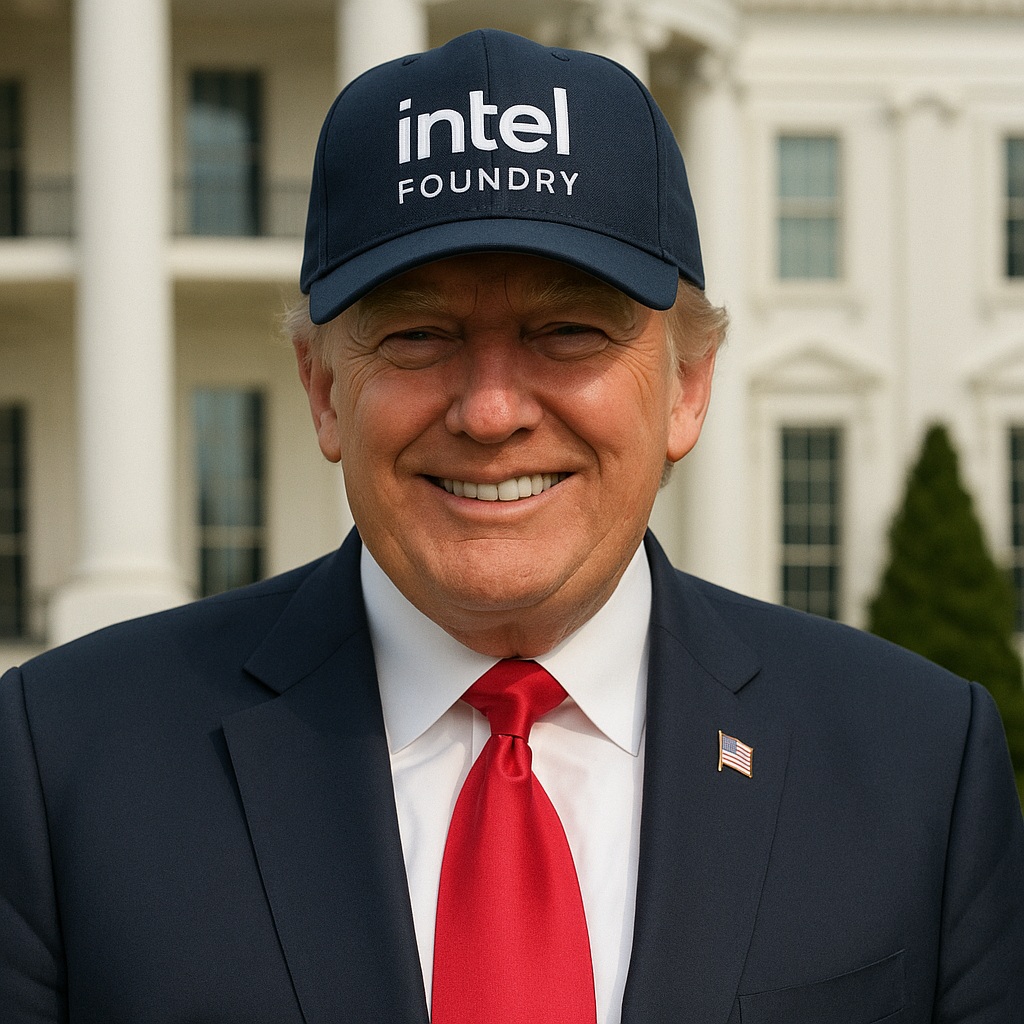Reports that US is considering taking stakes in Samsung and TSMC prompt swift responses
Reports that the US government is also considering taking equity stakes in other chip makers, after it confirmed it is in talks with Intel to get a 10 percent stake in the company in exchange of the subsidies it received in CHIPS Act, have rattled the market and prompted responses from stakeholders, according to media reports.
Earlier in the week, Reuters reported that US Commerce Secretary Howard Lutnick is exploring the idea of the federal government taking equity stakes in computer chip manufacturers that receive CHIPS Act funding, to support factory construction in the US, which include TSMC and Samsung, citing two sources.
In response, executives at TSMC have held preliminary discussions about handing back their US government subsidies if the Trump administration insists on becoming a shareholder, the Wall Street Journal reported on Friday, citing people familiar with the matter.
However, the Wall Street Journal reported that there are no plans to seek shares in larger semiconductor firms that are expanding their investments in the US, citing an unnamed government official.
This development was followed by news from South Korea on Thursday. According to the Korea JoongAng Daily, the South Korean presidential office denied speculation that the US government would take equity stakes in South Korean companies that receive CHIPS Act funding, such as Samsung, dismissing the reports as "rumors."
A presidential spokesperson said no South Korean companies have received such subsidies yet so the idea of converting subsidies into equity does not apply to them, according to the report.
Chinese experts warned that as the US government drastically escalates its intervention in the market, breaking away from century-old tradition of free market, more companies worldwide could be drawn in. The move could tarnish its image as a market economy and erode confidence of global investors.
Ma Jihua, a veteran telecom industry analyst, said the US government pays little heed to market norms by coercing and forcing major chipmakers to move their production facilities to the country and seeking direct control of the operation of these companies as "it seems that only by having all the foundries on US soil that the administration will feel secure."
As for TSMC, if the company were to move all its advanced production facilities to the US, the company could face the existential threat of being hollowed out, Ma warned.
The US administration's interventions in the private sector have caused worries among corporate executives, according to the Wall Street Journal report.
However, the expert said the moves by the US administration will not succeed in truly bringing chip manufacturing back to the US, as the supply chain is highly complex and the US lacks sufficient talent reserves and supporting ecosystems, with costs significantly higher than those in Asia.
More likely, these moves will only alarm companies about the US' worsening business environment, with the administration growing bolder in trespassing market rules and legal boundaries, Ma said.
Zhou Mi, a senior research fellow at the Chinese Academy of International Trade and Economic Cooperation, told the Global Times on Friday that while the original intention of the US CHIPS Act was to use government subsidies to entice companies to increase their investment in the US, the current US government's practice of exchanging shares for subsidies has been an overreach.
"This will alert companies and dampen their enthusiasm for investment in the US. In the long run, it will damage the US' self-proclaimed image as a market economy and hinder its competitiveness in attracting global funds," Zhou said.
https://www.globaltimes.cn/page/202508/1341489.shtml
Was waiting for this




Global Times

